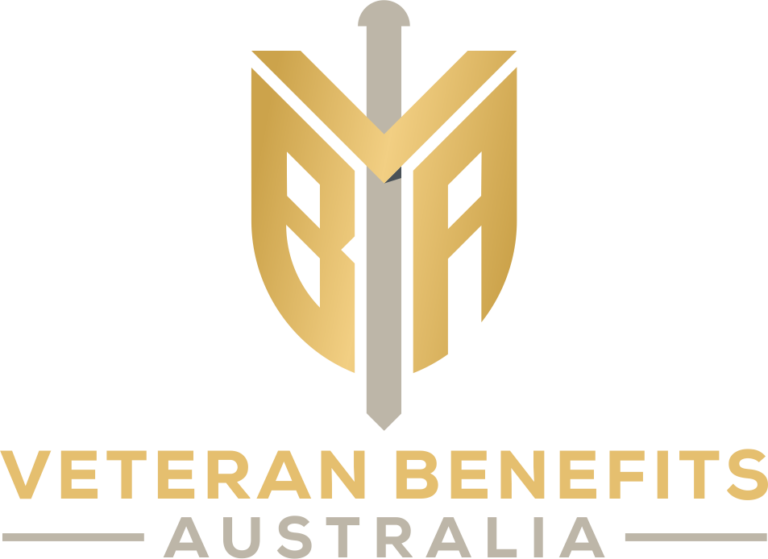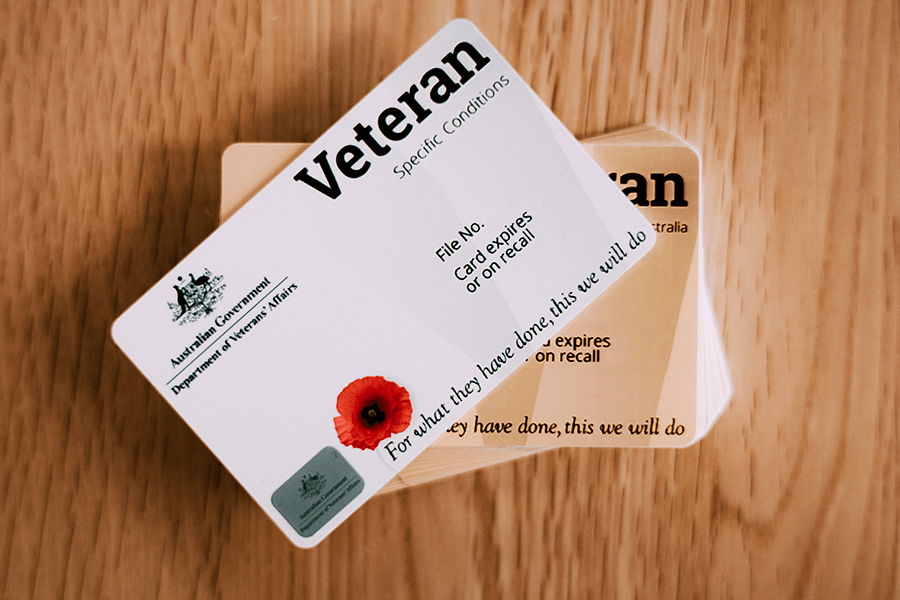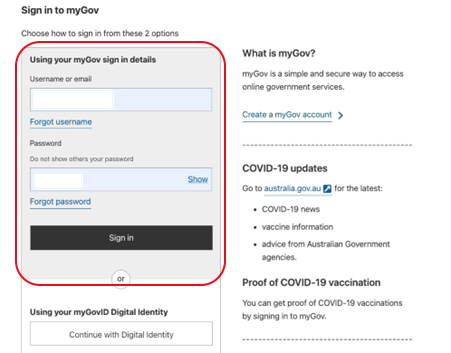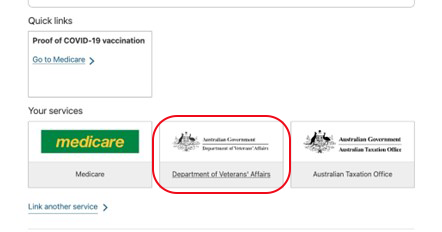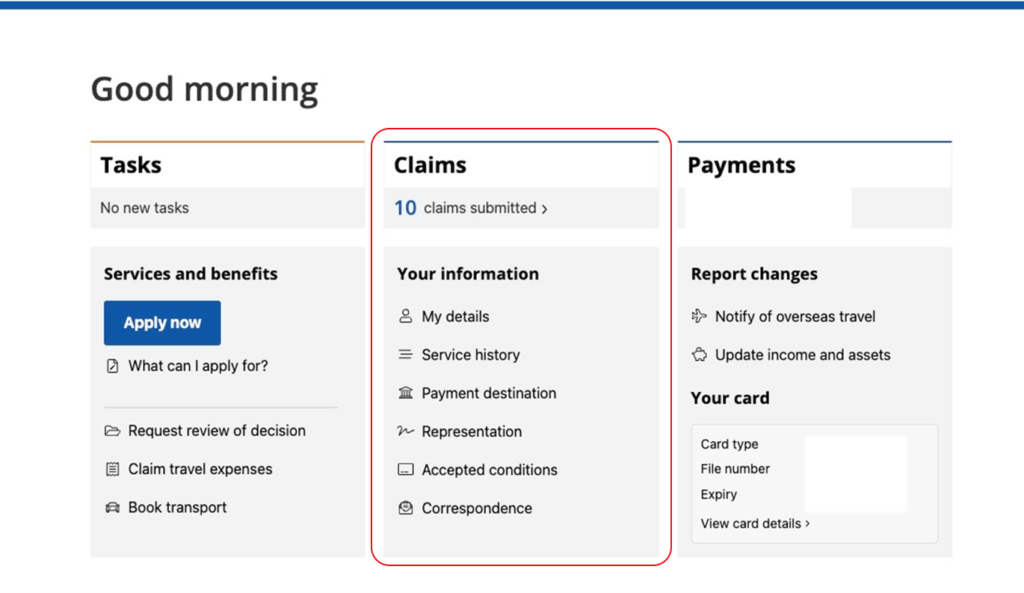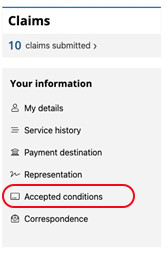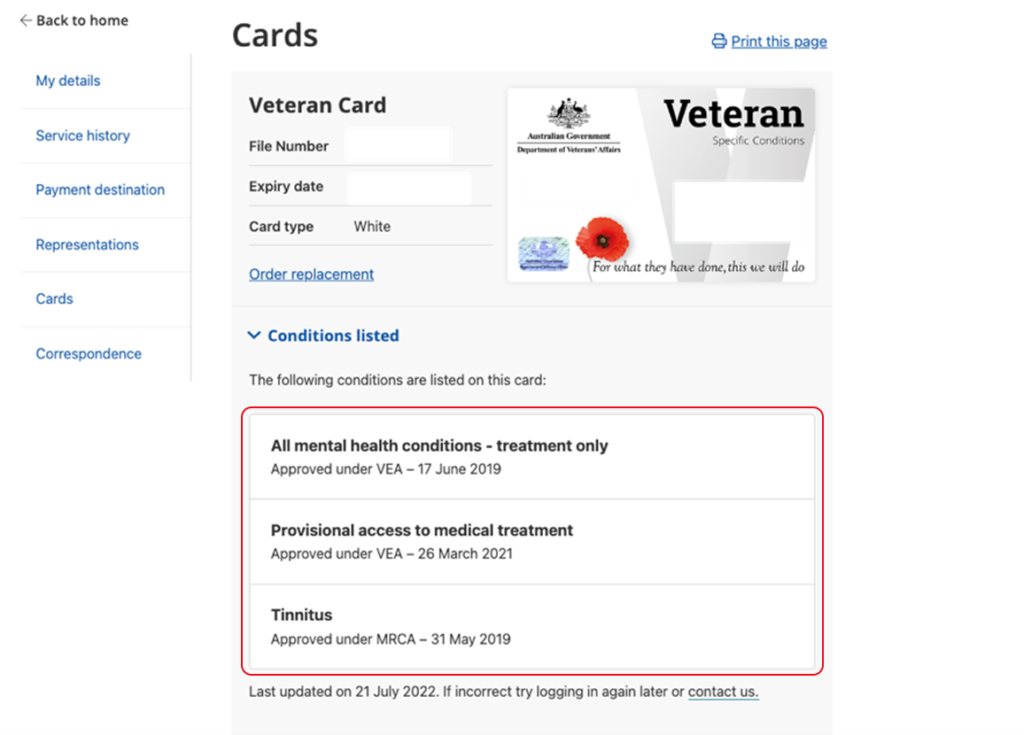Proper nutrition is a cornerstone of healthcare, and its significance is no less vital when it comes to veterans’ well-being. Veterans, whether they’ve recently transitioned to civilian life or are long-time veterans, often face unique health challenges stemming from their military service. These challenges can include physical injuries, mental health issues, and exposure to environmental toxins. Nutrition plays a pivotal role in addressing these challenges and fostering overall health.
Nutrition and Veteran Health:
Veterans’ health, both physical and mental, is closely intertwined with their nutritional status. Adequate nutrition is essential for maintaining strength, energy, and overall well-being. The body’s ability to repair and regenerate tissues, fight infections, and manage stress depends significantly on the nutrients it receives.
The Impact of Nutrition on Common Veteran Health Issues:
Numerous health conditions are prevalent among veterans, and many of these can be influenced by nutrition. For instance:

- Cardiovascular Health: Cardiovascular diseases are a leading cause of death among veterans. A heart-healthy diet low in saturated fats and rich in fruits, vegetables, and whole grains can significantly reduce the risk of heart disease.
- Mental Health: Conditions like PTSD (Post-Traumatic Stress Disorder) and depression are common among veterans. Diet can influence mood and mental health. Foods rich in omega-3 fatty acids and antioxidants have shown promise in helping manage mental health symptoms.
- Musculoskeletal Health: Veterans often deal with musculoskeletal issues, especially those who have served in physically demanding roles. Adequate protein intake and certain vitamins and minerals are crucial for bone and muscle health.
- Respiratory Health: Some veterans may experience respiratory issues due to exposure to environmental toxins. A diet rich in antioxidants and anti-inflammatory foods can help support lung health.
The Role of Dietitians:
Dietitians are integral to veterans’ healthcare, especially when it comes to addressing their unique nutritional needs. They are trained to assess an individual’s dietary habits, identify nutritional deficiencies or imbalances, and create personalized dietary plans. For veterans, dietitians can:
- Perform comprehensive assessments of veterans’ dietary habits, taking into account their health conditions, activity levels, and dietary preferences.
- Design dietary plans tailored to veterans’ specific needs. This may involve modifications to address chronic conditions, optimize physical performance, or support mental health.
- Provide ongoing support and monitoring to ensure veterans are following their dietary plans and making necessary adjustments as circumstances change.
- Educate veterans about the importance of nutrition and how specific foods and nutrients impact their health.
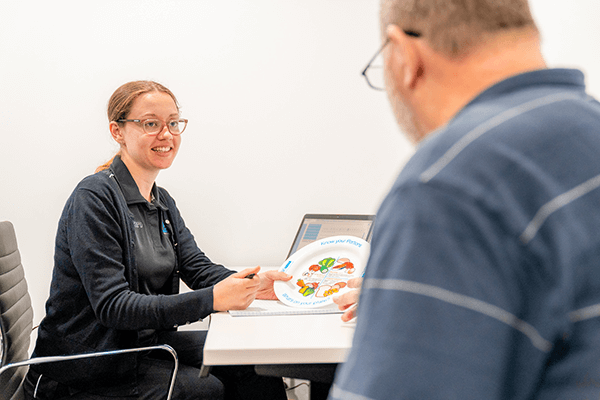
Nutrition is a fundamental aspect of veteran healthcare. It has a direct impact on veterans’ physical and mental well-being, making it crucial for dietitians to play a central role in their care. By tailoring dietary plans to meet veterans’ unique needs, dietitians can help improve health outcomes and overall quality of life for those who have served in the military.
